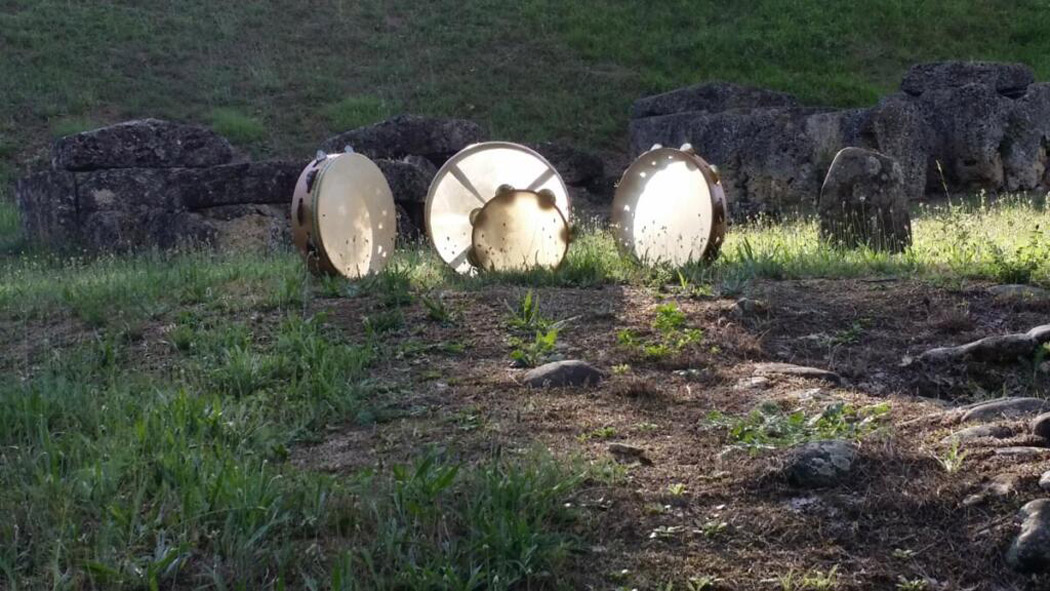It was 93 years ago on December 2nd 1923 that a baby girl was born to Greek parents in Manhattan. It is said that her mother rejected her for several days, so disappointed was she that this was not the son she sought.
The father was an easy going man pf questionable fidelity who had taken his family from their homeland to New York for a better life. Some three years later the young girl was christened Anna Maria Sofia Cecilia Kalogeropoulou. Her father shortened his name to Kalos for conversational ease, eliminating three syllables on the way.
Later the surname was anglicised to Callas, though it is not certain that his wife adopted the new surname, especially when she left and took her two daughters back to Athens in 1937, Maria was known once again as Kalogerouooulou at least in an early performance in 1942 where it was stated that: 'Kaloyeropoulou is one of those God-given talents that one can only marvel at.'
Mary Callas was a very plump young girl, wearing big glasses for her myopia. Her mother had noted the musical talent when ‘Mary’ was but 3 years old and made the mistake of many parents by pursuing her daughter’s singing career above giving her a childhood of happiness.
Yet as with Mozart and many other ‘freakish’ musical talents, maybe the devil in the parent was a catalyst to release the inspirational talent in the young child. Maria Callas was anything but good looking as a young woman, becoming increasingly stout and then fat – and it is amazing that nearly all men who are devoted to her historical beauty, have not seen a photo of the body that held the divine voice in its period of initial greatness.
Maria Callas performed from her school days and as with so many of us brought up in the middle 50 years of the 1900s, her first performances were when she was but 13 years old in G&S – Pinafore and Mikado – in school productions before leaving NewYork. In Athens in summer of 1944 Maria performed the role of Leonore in a Greek language production of Fidelio, at the Odean of Herodus Attica below the Acropolis, that was referred to as her ‘ greatest triumph’, but there were many more to come as Maria Kaloyeropoulou branched out into Italy, the Americas, Europe and UK.
Yet let us recall the enthusiasm of that Athens critic: “When Maria Kaloyeropoulou's Leonore let her soprano soar out radiantly in the untrammelled jubilation of the duet, she rose to the most sublime heights.... Here she gave bud, blossom and fruit to that harmony of sound that also ennobled the art of the prima donne.”
For the afficianado of the voice, the first instrument of the orchestra is the human voice, and Maria Callas was very aware of her role in the orchestra, a perfectionist in opera of the song and the word. She started her career in puberty as a mezzo-soprano and added the upper register with maturity and training.
Eventually her range was close to 3 octaves with some argument about her top note which was definitely at least natural E above high C. In her early years she was renowned for being able to mix roles. Possibly the most famous story is from Venice (Teatro La Fenice) in 1949 when she was engaged to sing Brunnhilde from Die Walkure, and was called on to add to her repertoire, with just six days notice the role of Elvira from I Puritani. Two compositions and composers so different as Wagner and Bellini would be hard to find. The critic’s report on Elvira? –
“Even the most sceptical had to acknowledge the miracle that Maria Callas accomplished .. has a humanity, warmth and expressiveness that one would search for in vain.”
Maria Callas made many a great composer sit up in his grave and take notice of a voice that did even more than they could imagine with their arias, particularly those composers who had challenged the soprano with bel canto. Many tried to find fault in Maria Callas.
She was a ‘tall poppy’ of great inner beauty, and exquisite external beauty after choosing to do for her body what she had been able to achieve with her voice. The jealous may have criticised many aspects of her near perfection, of her humanity, of her dreams for a lost childhood, of her emotional expression: but why? God took her too soon but her job of leaving us a record was done, and she may have known that in her heart.







Follow us